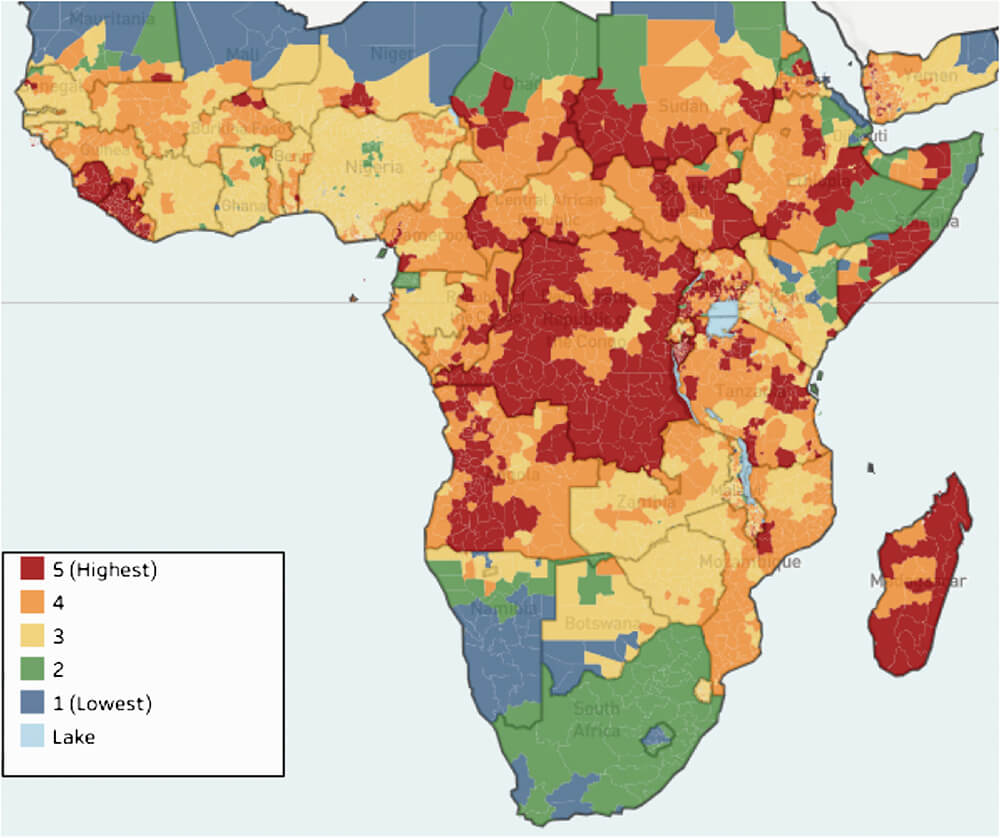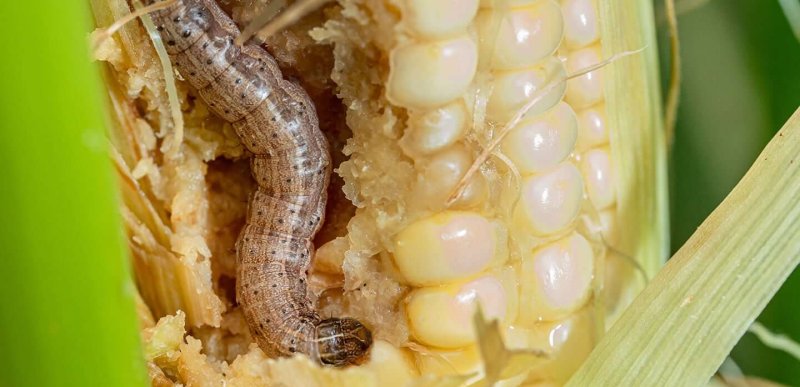Maize that is genetically engineered to contain specific toxic (to armyworms) proteins created by the bacteria Bacillus thuringiensis (Bt) has proven successful in thwarting the crop destruction by the fall armyworm in South and Central America and the United States.
However, fall armyworm populations have developed significant resistance to certain proteins expressed by Bt maize, underscoring the need to implement agricultural strategies that can boost maize yields while circumventing the effects of resistance.
Moreover, these strategies must be accessible to smallholder farmers, who often lack the resources of larger, commercial farms.
So far, only South Africa has approved the use of Bt maize on the continent—but Kenya may be the next nation to make a similar approval. As Bt maize may see more approvals and use in Africa, [Bruce] Tabashnik’s team made several recommendations, especially for smallholder farmers:
- Use Bt maize with other pest management methods, including native host plant resistance (non-genetically modified), as part of an integrated pest management (IPM) plan.
- Use Bt maize “pyramids” that produce two or more toxins (ideally, four toxins) that are individually effective against fall armyworm but together significantly reduce the likelihood of the pest developing resistance.
































